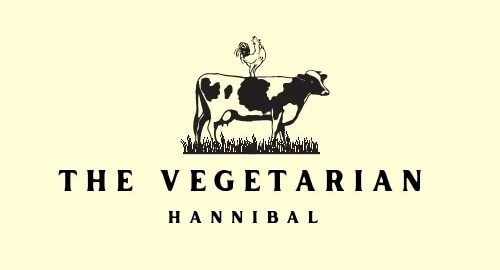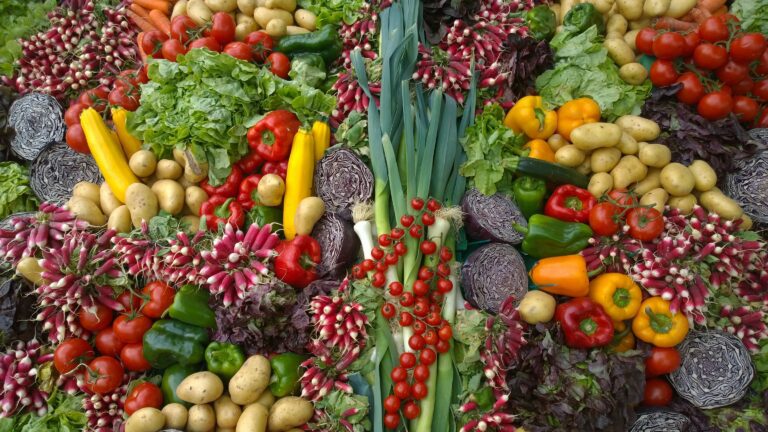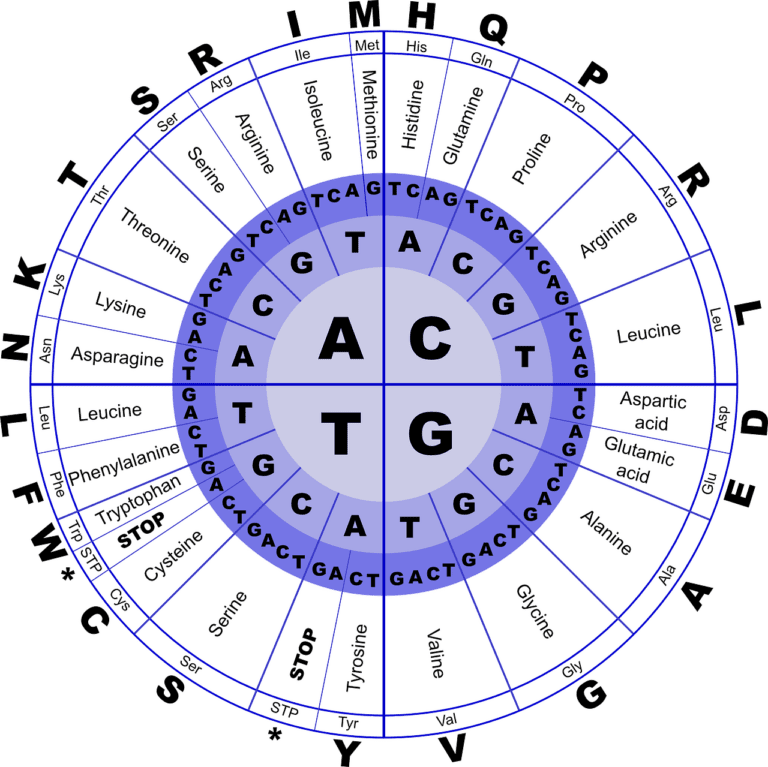Vegan vs. Vegetarian
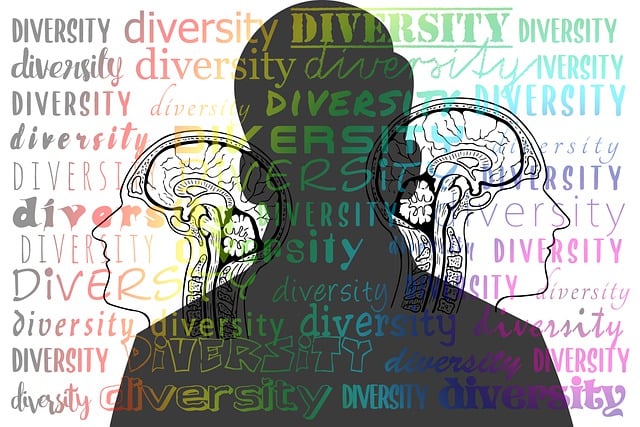
Both vegetarianism and veganism share many similar characteristics, yet they also have numerous differences. Millions of people practice both dietary patterns, which are both recognized to be highly healthful. According to science, both sorts of diets have a favorable impact on the body. In addition to avoiding any animal products, vegans also refrain from eating any animal products. On the other hand, vegetarians and vegans both abstain from eating meat. This article explores the topic vegan vs. vegetarian.
Contents
Vegan vs. Vegetarian
Veganism
- Excludes all animal products and by-products from the diet.
- No consumption of meat, poultry, fish, dairy, eggs, honey, or other animal-derived ingredients.
- Ethical foundation extends beyond food choices, aiming to avoid animal exploitation in all aspects of life.
- Focuses on minimizing harm to animals and reducing the environmental impact of animal agriculture.
- May require adjustments to shopping habits, meal planning, and finding vegan alternatives for common ingredients.
Vegetarianism
- Excludes meat, poultry, and fish from the diet but may allow for the consumption of other animal products.
- Variations include lacto-vegetarian (includes dairy), ovo-vegetarian (includes eggs), and lacto-ovo-vegetarian (includes both dairy and eggs).
- Primarily focuses on dietary choices, with some individuals adopting it for ethical, environmental, or health reasons.
- Reduces direct consumption of meat and seafood but may still involve animal products like dairy and eggs.
- Provides more flexibility in food choices and availability compared to veganism.

Semi-vegetarian or flexitarian consume milk, dairy products, and eat eggs. Pescatarians eat dairy products, eggs, fish, and seafood, excluding meat and poultry. Ovo-vegetarians eat poultry, fish, seafood, eggs and dairy productseggs but not meat. Lacto-vegetarians drink milk but do not eat meat, fish, seafood, poultry, or eggs. Vegetarians prefer to consume foods such as eggs and milk, however, they do not eat meat, poultry, fish, or seafood.
Definitions
Veganism:
Veganism is a lifestyle that excludes all animal products and by-products from one’s diet, including meat, poultry, fish, dairy, eggs, honey, and other animal-derived ingredients. Vegan also do not consume honey or wear leather and silk.
Vegetarianism:
Vegetarianism generally refers to a diet that excludes meat, poultry, and fish but may allow for the inclusion of other animal products such as dairy, eggs, and honey, depending on the specific variation of vegetarianism.
Philosophical Foundation
Veganism
Veganism extends beyond dietary choices and encompasses a broader ethical stance. It seeks to avoid animal exploitation and cruelty in all aspects of life. It includes food, clothing, cosmetics, and entertainment.
Vegetarianism:
While vegetarianism primarily focuses on dietary choices, some individuals may adopt vegetarianism for ethical, environmental, or health reasons without fully embracing the broader aspects of veganism.
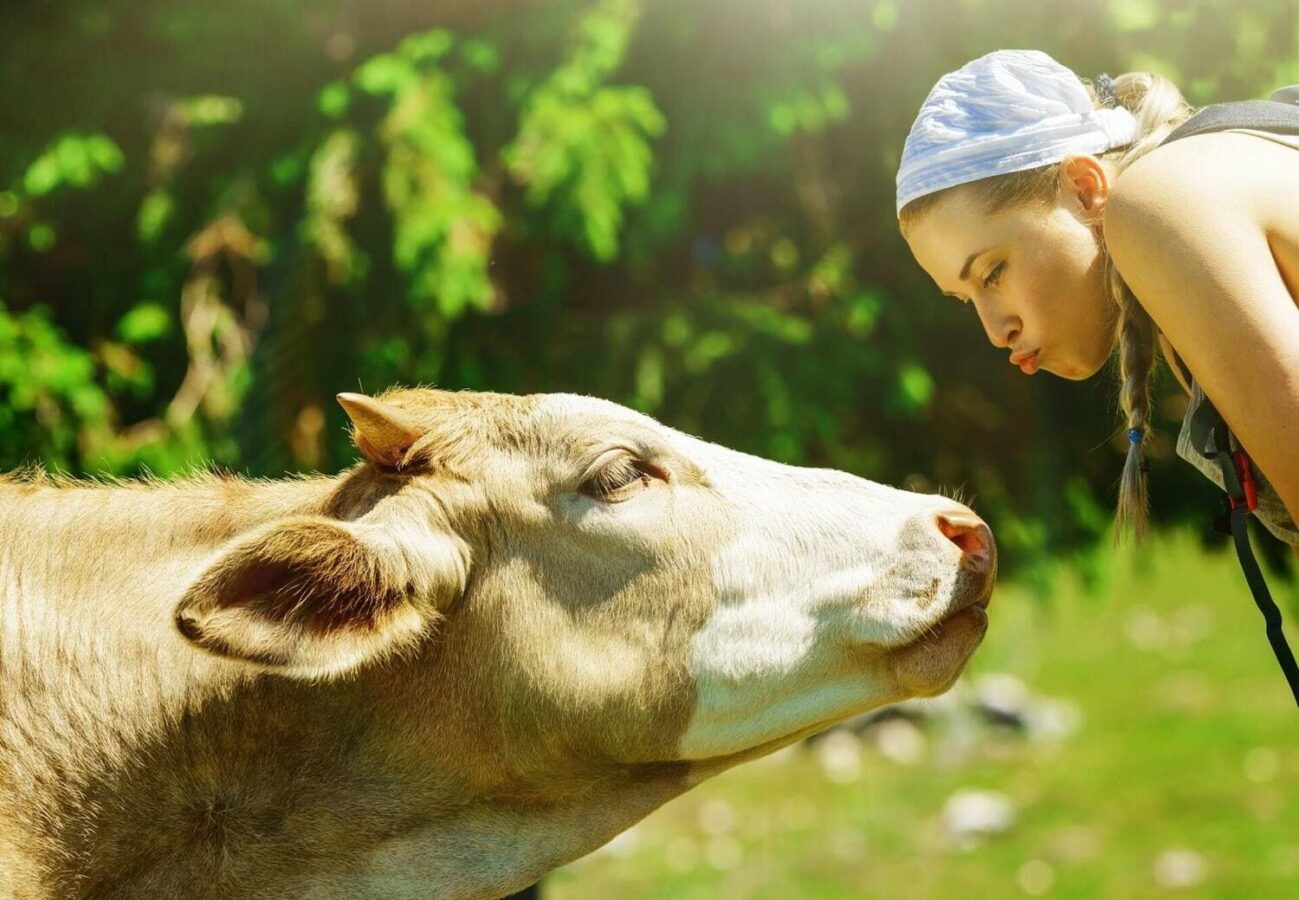
Animal Welfare and Environmental Impact
Veganism:
By abstaining from all animal products, vegans aim to minimize harm to animals and contribute to the reduction of animal agriculture’s environmental footprint, which includes deforestation, greenhouse gas emissions, water usage, and pollution.
Vegetarianism:
While vegetarianism reduces the direct consumption of meat and seafood, it may still involve the consumption of other animal products that contribute to animal exploitation and certain environmental concerns associated with dairy and egg production.
Personal Choice and Practical Considerations:
Veganism:
Adopting a vegan lifestyle can require adjustments to shopping habits, meal planning, and dining out. It may also involve sourcing vegan alternatives for common animal-derived ingredients. However, the growing availability of plant-based options and increased awareness make it easier than ever to embrace veganism.
Vegetarianism:
Vegetarianism can offer more flexibility in terms of food choices and availability, as many vegetarian options are widely accessible in grocery stores and restaurants.
Conclusion
Whether you choose to follow a vegan or vegetarian lifestyle, both choices promote a compassionate approach towards animals, healthful eating, and a reduced impact on the environment. Understanding the differences between veganism and vegetarianism empowers you to make dietary choices aligned with your values and goals. Remember, the ultimate goal is to make conscious decisions that foster a sustainable, ethical, and healthy lifestyle.
